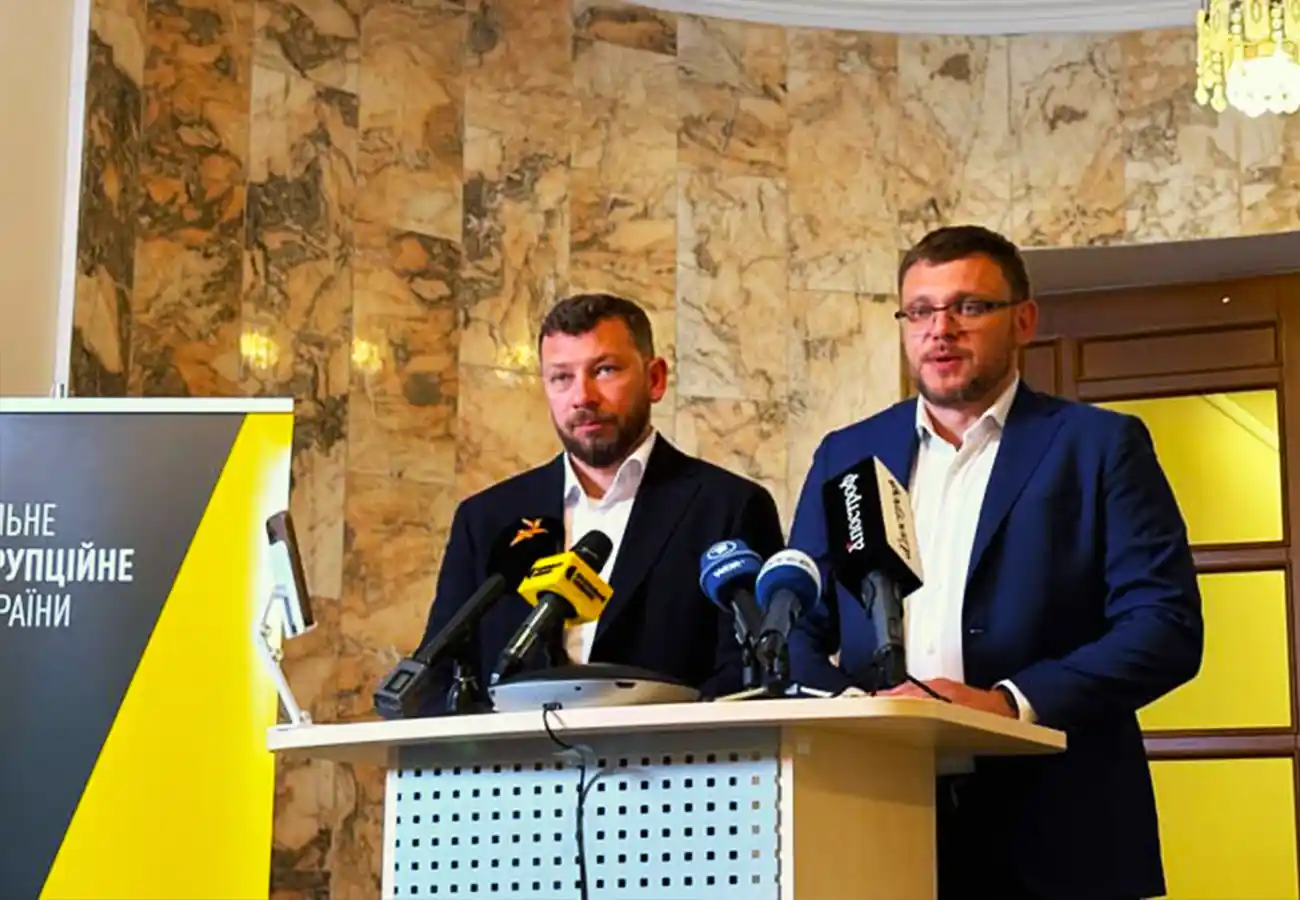The Verkhovna Rada of Ukraine has adopted a law that changes the institutional subordination of the National Anti-Corruption Bureau of Ukraine (NABU) and the Specialized Anti-Corruption Prosecutor’s Office (SAPO), placing both under the authority of the Prosecutor General. The law was supported by 263 MPs. Once signed by the president, it grants the prosecutor general significantly expanded powers, reports Baltimore Chronicle with reference to a report by TSN correspondent Ihor Bondarenko.
According to the law, the prosecutor general will now have unrestricted access to the materials of any criminal proceeding, can unilaterally decide which agency investigates NABU cases, transfer any of those cases to another investigative body, issue indictments against top officials, and determine whether to close cases involving senior state figures. SAPO prosecutors are now formally subordinated to the prosecutor general in all procedural decisions.
The legislation’s passage sparked intense opposition. MPs from the European Solidarity and Holos factions condemned the bill as a direct threat to the independence of anti-corruption bodies. Anastasiia Radina, head of the Parliamentary Anti-Corruption Committee, warned that the changes dismantle the country’s anti-corruption infrastructure, recalling similarly damaging decisions in Ukraine’s legislative history.
Opposition lawmakers noted that amendments to the bill were introduced just minutes before the session started, violating parliamentary procedure. They attempted to remove Speaker Ruslan Stefanchuk from his post over the breach, but failed to secure the necessary votes. MP Serhiy Vlasenko, one of the amendment authors, argued that the expanded powers of the prosecutor general are constitutional.
Immediately after the vote, the speaker signed the law and forwarded it to the president. The move came amid a series of high-profile searches conducted by the Security Service of Ukraine (SBU) targeting NABU staff. Two NABU employees were detained on suspicion of cooperating with Russian intelligence services.
MP Yaroslav Yurchyshyn linked the bill’s emergence to active investigations involving close associates of the Presidential Office’s leadership.
Following the vote, NABU and SAPO chiefs held an emergency briefing, urging President Zelenskyy to veto the adopted amendments to the Criminal Procedure Code, which they say reduce both institutions to a mere formality. Opposition lawmakers have vowed to challenge the law in court.
The decision now puts Ukraine’s diplomatic and financial support from European partners at risk, as such assistance is conditioned on visible anti-corruption reforms.
Earlier we wrote that Rada Committee backs mobilization exemption for men wanted by military offices.

